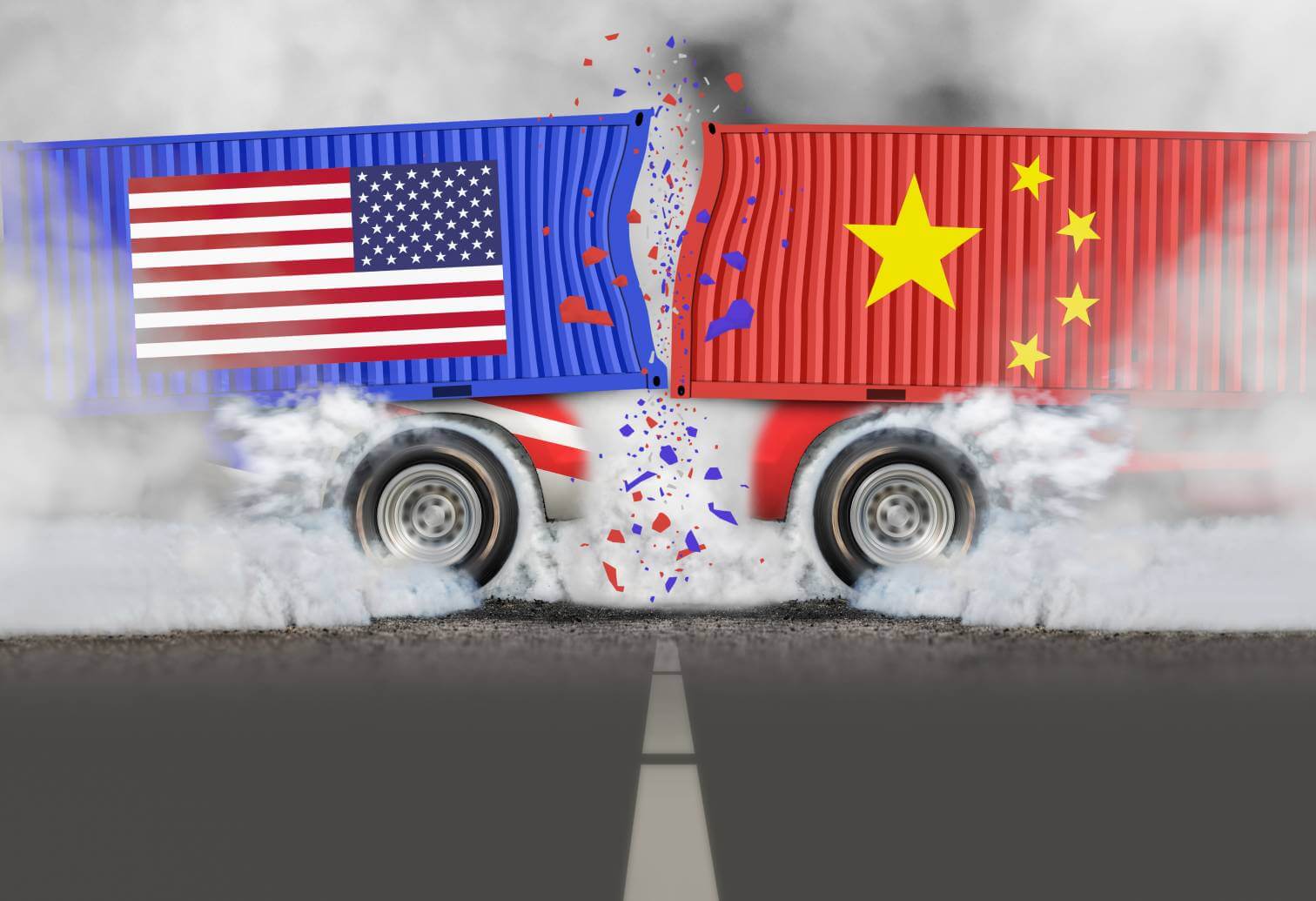The ongoing U.S.-China trade war, now entering its seventh year, has evolved beyond tariffs into a broader strategic contest over technology, industrial policy, and national security. For the pharmaceutical sector — particularly the supply chains evolved to manufacture investigational drugs critical to clinical trials — the ripple effects have been deep and disruptive. There are a few key impacts on investigational drug supply chains:
- Supply Chain Disruptions for Key Ingredients: China supplies a large share of key starting materials (KSMs), intermediates, and active pharmaceutical ingredients (APIs) used in investigational drugs. With new tariffs and Chinese export controls on these critical materials, U.S. sponsors are facing longer lead times, higher prices, and uncertain availability. Small biotech firms, which depend on just-in-time procurement, are especially at risk.
- Rising Costs Across Clinical Trials: Tariffs have inflated the costs not only for APIs but also for specialized lab equipment, excipients, and packaging materials. Contract manufacturers are passing on these increases to trial sponsors, leading to higher overall clinical trial costs and, in some cases, forcing delays or downsizing of trials.
- Pressure to Reshore Manufacturing: U.S. policy has shifted toward incentivizing domestic manufacturing of pharmaceuticals, including investigational drugs. However, the U.S. currently lacks sufficient small-batch, GMP-compliant facilities to meet demand. Building out this capacity will take years, causing near-term production bottlenecks.
- Geographical Shifts in Clinical Trials: Biopharma companies are moving trials away from China to less politically sensitive regions such as Southeast Asia, Eastern Europe, and Latin America. This geographical shift adds regulatory complexities, increases start-up times, and strains global trial logistics.
- Export Controls on Advanced Therapies: The U.S. has expanded export restrictions on biologics, gene therapies, and cell-based treatments, citing national security concerns. This has disrupted collaborations with Chinese CROs and CDMOs, which had become major players in global investigational drug production.
- Impact on Rare Disease and Niche Trials: Rare disease drug developers, who often rely on specialized Chinese suppliers for small-batch materials, are disproportionately affected. These disruptions pose ethical concerns, delaying access to investigational treatments for patients with few alternatives.
- Administrative and Compliance Burdens: Customs procedures, tariff classifications, and export licensing have become more complex, creating administrative burdens that slow trial timelines and increase compliance costs for global clinical operations.
Strategic Shifts Underway:
- Supply Chain Diversification: Companies are urgently seeking alternative suppliers in India, Europe, and the U.S., although these options often lack the scale and speed of Chinese manufacturers.
- Investment in U.S. Facilities: New public-private initiatives aim to build flexible, small-batch GMP manufacturing in the U.S., though capacity remains limited.
- Decentralized Trials & Digital Solutions: The shift toward remote and decentralized trials helps reduce reliance on physical cross-border shipments, but this model isn’t applicable to all investigational therapies.
Outlook: While the industry is adapting, a full decoupling from Chinese supply chains for investigational drugs is years away. In the interim, sponsors must contend with elevated costs, logistical delays, and compliance complexities — all of which threaten to slow clinical pipelines and delay patient access to innovative therapies.
Our team at Syner-G BioPharma Group is monitoring the global trade environment and is regularly navigating its complexities. Schedule a complimentary consultation with one of our experts today to discuss how we can help you identify the right approach for your specific cost/risk profile in this dynamic environment.


